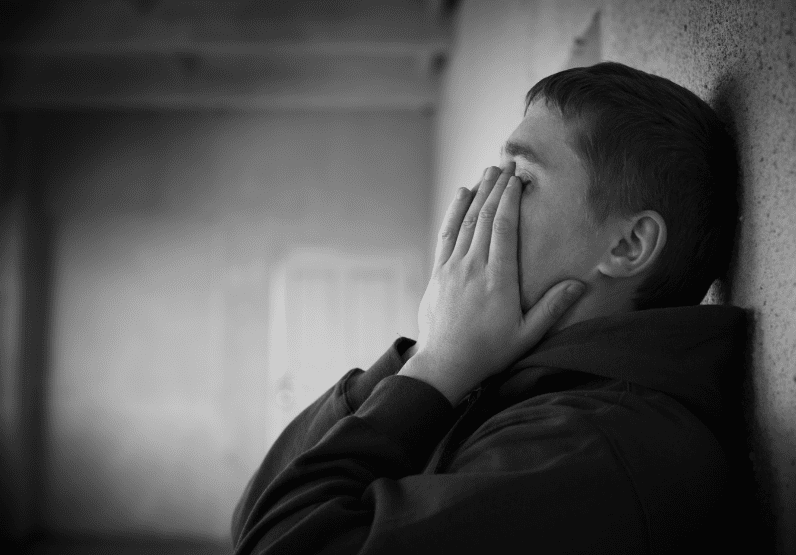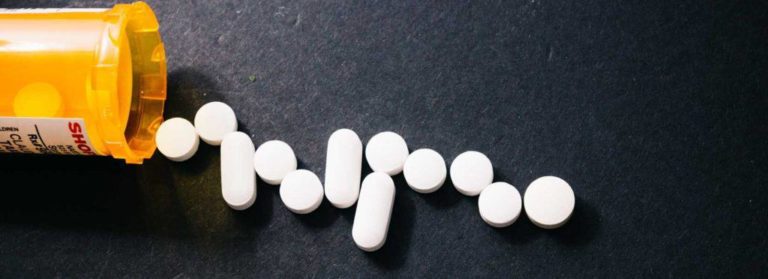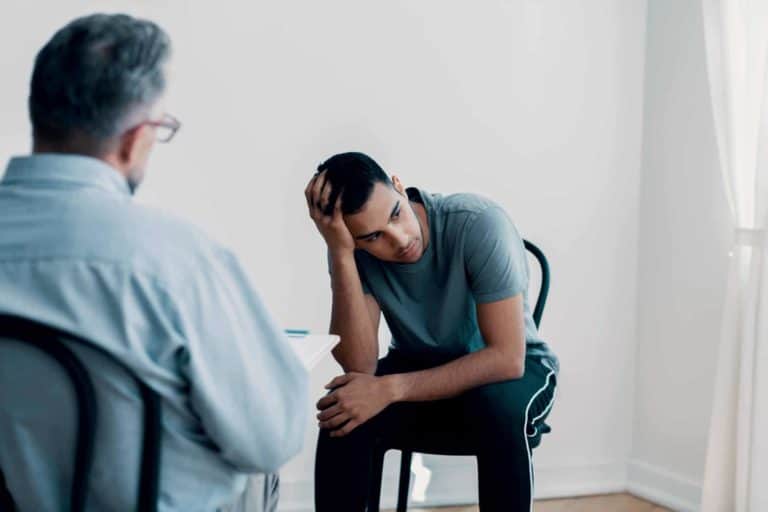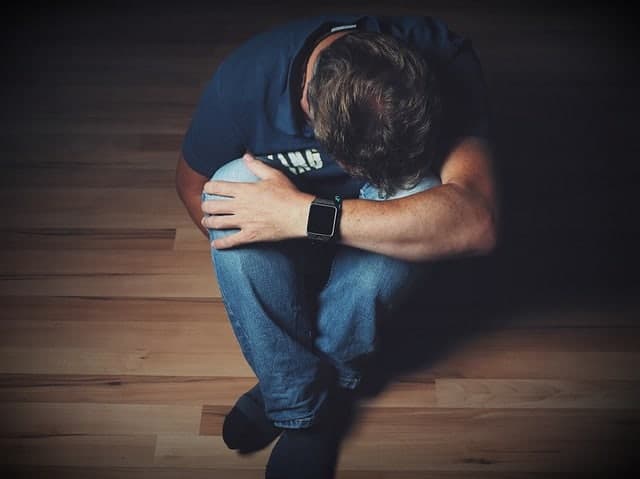Individuals who struggle with their mental health have an increased susceptibility to substance abuse and addiction. Anxiety and other mental health issues can make substance abuse sound like an appealing coping mechanism. Seeking short-term relief from mental health conditions using drugs or alcohol fails to solve the underlying problems and core issues that need to be addressed.
If you or someone you care about is struggling with anxiety or other mental health issues, it is important to be aware of signs and symptoms that they may be using drugs or alcohol to self-medicate. Early intervention is always best but it’s important to remember that it is never too late to seek help. At Knoxville Recovery Center, we focus on treating the whole body. This means that we do not focus on just physical health issues. Our clients work with both medical doctors and mental health counselors to formulate individualized treatment plans that are tailored to fit their personal needs. Reach out to us today to speak with a specialist about treatment options.
How Anxiety Leads to Addiction
Part of the problem is that mental health issues can lead to substance abuse, and substance abuse can lead to both mental health issues and addiction. Let’s unpack that a little more.
Anxiety can cause someone to seek out substances as a coping mechanism. Abusing substances can lead to addiction. It’s also important to keep in mind that problematic substances themselves can increase anxiety, especially during periods of withdrawal. This can easily fuel a cycle of abuse.
The Spectrum of Anxiety
Anxiety can appear in many forms and has a wide spectrum of side effects from mild to severe. Those who experience mild anxiety might associate it with the result of feeling stressed about work or a change in life circumstances. More severe anxiety can cause debilitating physical symptoms and mental health problems.
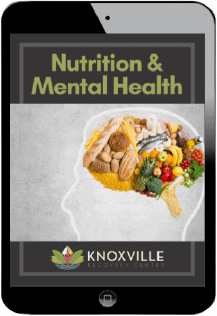
A few common physical symptoms associated with anxiety include:
- Fatigue
- Increased heart rate
- Shortness of breath
- Dizziness
- Muscle aches and pains
- Sense of feeling weak
- Headaches
- Digestive issues
- Tingling sensations and numbness
There is a difference between having feelings of anxiety and an anxiety disorder. An anxiety disorder such as Generalized Anxiety Disorder (GAD) is associated with symptoms that can include but are not limited to:
- Restlessness
- Irritability
- Shakiness
- Fatigue
- Difficulty focusing
- Excessive sweating
- Hypervigilance
- Fear
- Obsessive thoughts
- Sleep issues
- Muscle tension or pain
There are many mental health disorders that involve anxiety as a feature. These include:
- Panic disorder
- Phobias
- Social anxiety disorder
- Obsessive-compulsive disorder (OCD)
- Separation anxiety disorder
- Illness anxiety disorder (aka. hypochondria)
- Post-traumatic stress disorder (PTSD)
Natural Methods of Anxiety Management
Not all forms of anxiety are created equal. A diagnosed anxiety disorder may require pharmaceutical interventions including the prescribed use of benzodiazepines (“benzos”) such as Klonopin, Ativan, Valium, or, potentially, Xanax in the case of someone who experiences acute panic attacks.
It is important to keep in mind that benzos are habit-forming and often lead to problems with substance abuse and addiction. A sensible idea is to try to use holistic methods and therapy to relieve symptoms of anxiety before turning to risky substances.
A few natural methods of coping with symptoms of anxiety include:
- Good sleep hygiene
- Getting enough exercise
- Maintaining a healthy diet
- Meditation
- Yoga
Avoiding problematic substances, behaviors, and activities can also be a way to avoid feelings of anxiety. Avoiding alcohol, cigarettes, and caffeine are a few basic examples.
Anxiety, Addiction, Co-occurring Disorders, and Dual Diagnosis
Many with addictions also have a co-occurring mental health disorder and are in need of a dual diagnosis. Those who develop substance abuse disorders often have underlying mental health issues that need to be addressed.
Ready to Learn More?
Download Our Free Addiction Treatment eBook today!
"*" indicates required fields
Mental health counselors who practice Cognitive-behavioral therapy (CBT) are trained to diagnose co-occurring disorders and determine if clients are in need of a dual diagnosis. Treating an individual’s core issues, not just the results of those issues, is an important aspect of relapse prevention.
Cognitive-behavioral therapy (CBT) is known to be an effective method for reducing symptoms of anxiety. Engaging in CBT sessions with a trained CBT counselor can help you navigate feelings of anxiety and help you address the core issues that are leading to these emotions.
Once a person receives a proper diagnosis, it becomes possible to properly treat them in an appropriate manner. Anxiety is an extremely common reason why individuals abuse substances. In CBT therapy, clients learn are a variety of healthy and positive coping strategies that include:
- Life skills with real world applications
- Ways to avoid high risk triggers
- Stress management techniques
CBT therapy can help those with anxiety, substance abuse disorders, and addiction, learn how to navigate sober living once they are in recovery.
How CBT Works
Cognitive-behavioral Therapy (CBT) is based on the concept that a person’s perceptions are deeply connected to their reactions. Put another way, how a person interprets a situation directly relates to their understanding of their experience.
How individuals perceive their experiences tends to be distorted because they are looking at them from a personal perspective. In our own minds, we are the center of the universe. We often misunderstand the full picture of a given situation and as a result, fail to come to logical conclusions.
CBT helps clients take a step back and better understand why certain feelings, beliefs, and actions result in particular outcomes. The goal is to change your thought processes and behaviors so they are better aligned with realistic outcomes. Understanding how and why individual choices yield specific results makes for more predictable and comprehensible outcomes.
CBT helps individuals better understand how to navigate personal relationships. Having realistic expectations and knowing why what you say or do results in particular responses from others can help relieve the anxiety associated with not understanding why your statements and actions have results that do not make sense to you.
After undergoing CBT treatment, clients should feel like they have made progress working towards their intended goals. New treatment plans with a new set of goals is always a possible next step.
Reach Out Today for Help with Anxiety and Addiction
If you or someone you care about is struggling with their mental health and issues with substance abuse and addiction, we encourage you to reach out to the professionals at Knoxville Recovery Center for assistance. Our team of medical experts will work with you to create a personalized integrated wellness plan that can help you get your life back on track. Contact us today to speak with a specialist about treatment options for lasting recovery.




